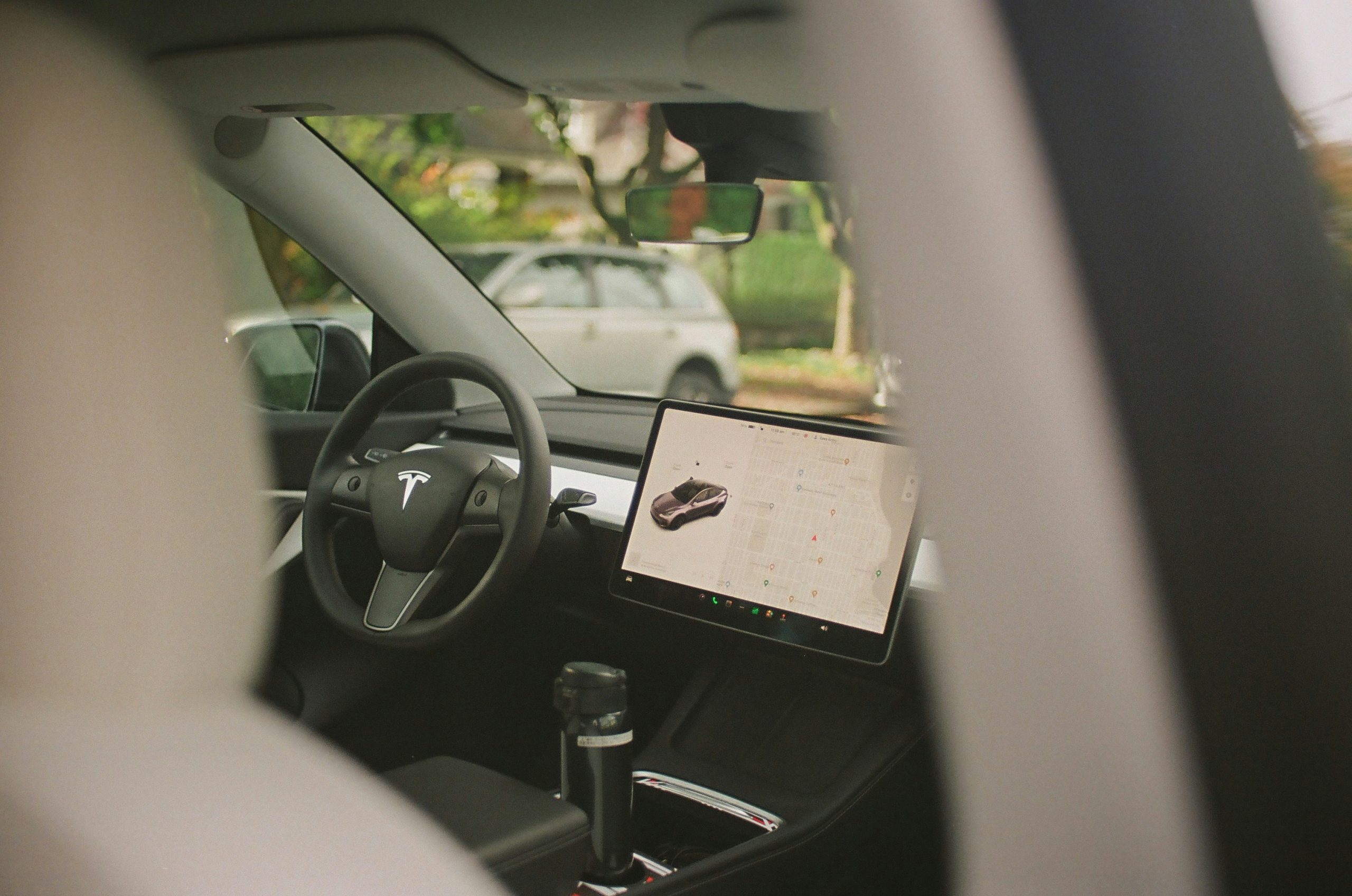
By: Otaiba Ahsan
Many electric vehicle (EV) adopters care deeply about their carbon footprint, and what they can do to reduce it. However, there are often many statements that float around about how EVs like Tesla create even more of a negative impact on the environment, than their gas-car counterpart. So, are Tesla vehicles worse for the environment? Continue reading for more.
Background
One of the primary governing bodies when it comes to electric cars is the United States Environmental Protection Agency (EPA). All of the range estimates you see for your Tesla are provided by them. They have an entire page dedicated to debunking common EV myths with their sources cited, I encourage you to view it in your free time.
We’ll be focused on unpacking two topics that are talked about frequently when trying to answer the question of whether electric vehicles are worse for the environment or not.
Myth One
Something you will hear often is that “electric vehicles are worse for the climate than gas cars because of battery manufacturing.”
While it’s true that with current manufacturing practices, EV battery production does generate more emissions than the production process of gas cars, the statement itself is false. When EPA examined the data, they found that the emissions from electric cars over their lifetime are typically lower than those from gas vehicles, even when accounting for manufacturing.
The main reason for this was because EVs have zero tailpipe emissions and are typically responsible for less greenhouse gas emissions in general. EPA has a great visual in the article linked above if you’d like more details.
Myth Two
Another statement you’ll often hear thrown around is that “EVs are worse for the climate than gas-powered cars because of their contributions to power plant emissions through their use of electricity.” In other words, they need to use electricity from the grid to charge, and powering the grid often creates carbon pollution as resources like coal or natural gas are used.
However, once again this is simply a myth, as electric cars will typically have a smaller carbon footprint than gas vehicles, even when factoring in the energy used for charging. As stated above, there are no tailpipe emissions from EVs, and research shows that greenhouse gas emissions are still higher for gas cars. Once again, the EPA has additional details in the article linked above if you’re interested.
The Bottom Line
Are Tesla vehicles worse for the environment? According to the EPA, on average, EVs over their lifetime are typically better for the environment than gas-powered vehicles, despite the current manufacturing process and electricity demands. Of course, there may certainly be cases where this statement isn’t true. However, as more people continue to make the switch to electric cars, we expect manufacturing processes and overall EV infrastructure to improve and become more efficient.
